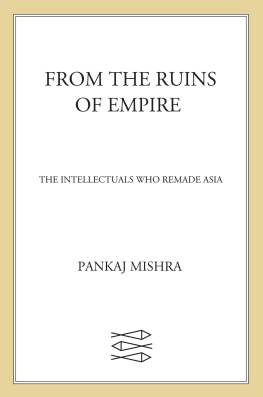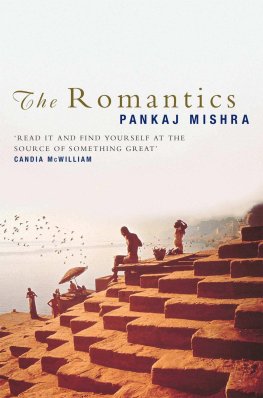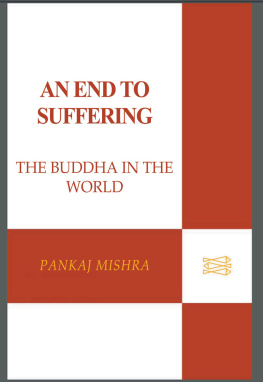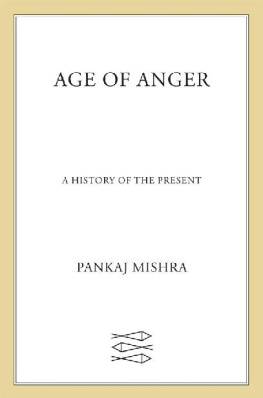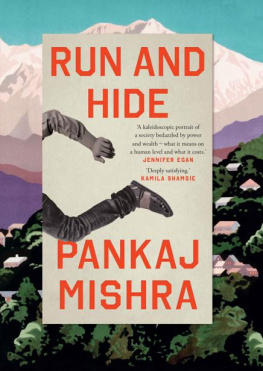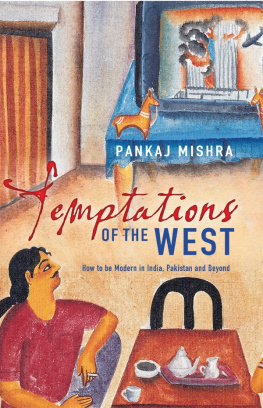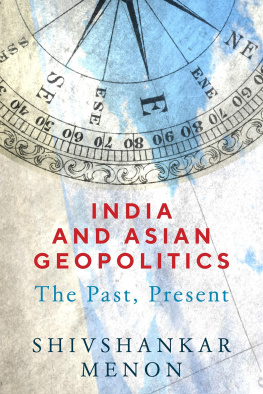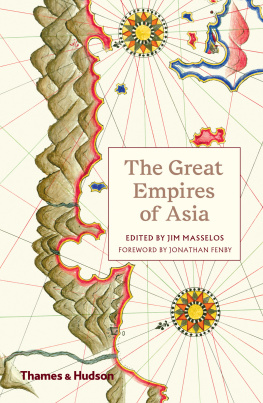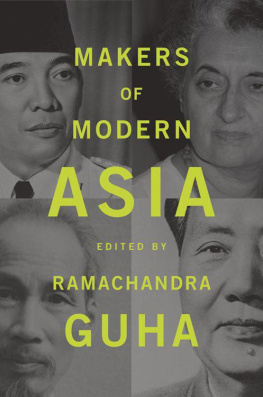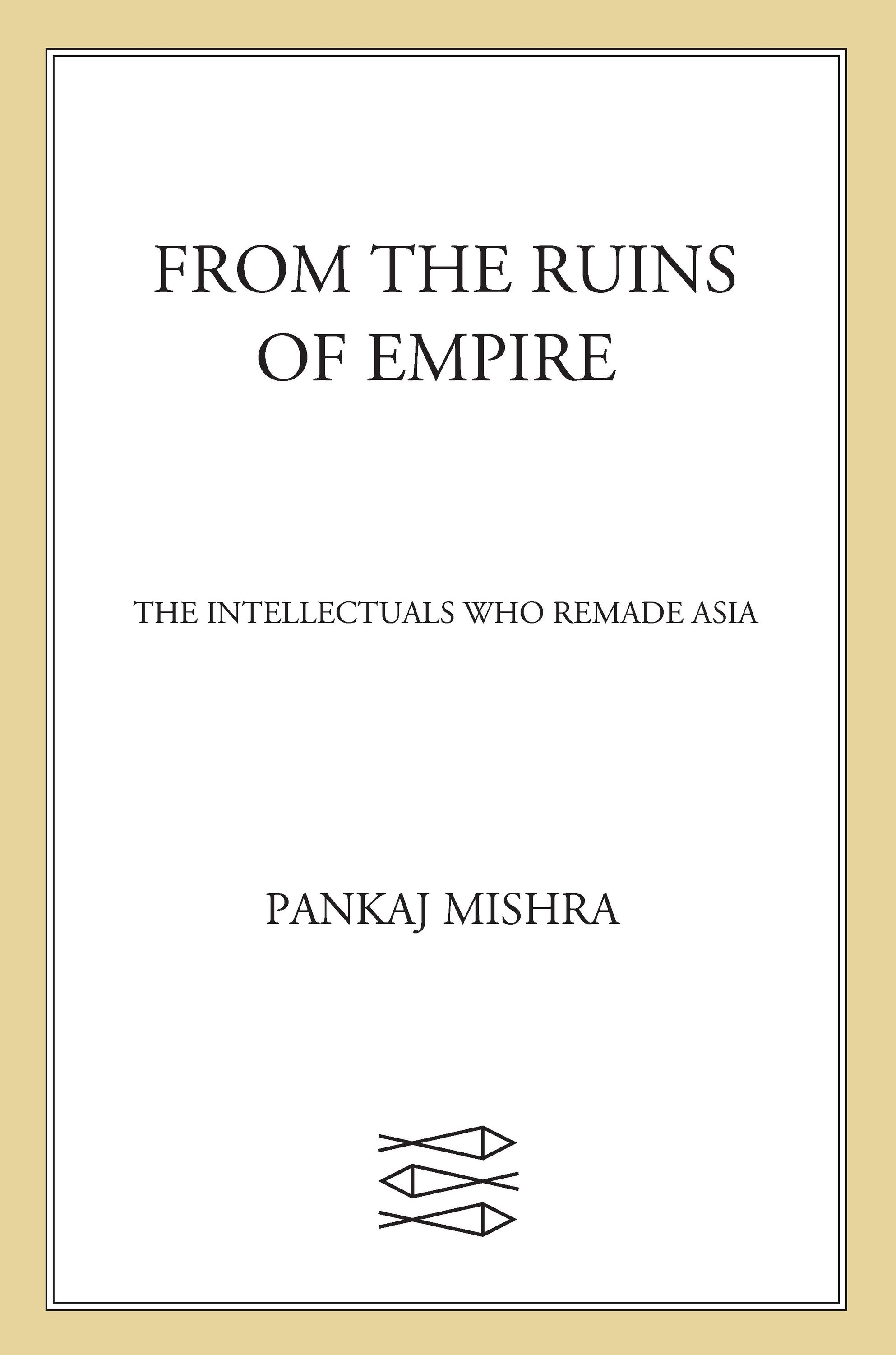This book rises from the shoulders of many specialist studies and general global histories. But it is also a collaborative work in another sense. Moving from the Ottomans to late Qing China, I was more than aware that I was breaching disciplinary boundaries and academic protocols. My occasionally impudent forays were enabled by generous friends both in academia and outside it. They suggested books and papers and read my manuscript, alerting me to errors of fact and interpretation. Those that remain in the finished book should not be blamed on Tabish Khair, Jonathan Shainin, Ananya Vajpeyi, Manan Ahmad, Hussein Omar, Masoud Golsarkhi, Wang Hui, Suzy Hansen, Siddhartha Deb, Alex Travelli, Adam Shatz, Nader Hashemi, Jeff Kingston, Jason Epstein, Shashank Kela or Jeffrey Wasserstrom, all of whom read different parts of the work-in-progress and frankly expressed their opinions. I was also very fortunate to have such sceptical, challenging and well-informed editors as Simon Winder and Paul Elie. Gratitude is also due to the staff at the Bleibtreu Hotel, Berlin, where I started working on this book; the London Library, which supplied so many materials for it; and the Sharmas at Mashobra, who have afforded me, for two decades now, that vital sanctuary in which to write and, more important, daydream.
It is abundantly clear who are the strong and who the weak, who the fit and the unfit, in todays world In the future, a condition of prosperity without equality, wealth without peace, will probably prevail.
Zhang Junmai, 1923
We are not going to follow the West in competition, in selfishness, in brutality.
Rabindranath Tagore, in Beijing 1924
The growth of historical and internationalist awareness during the late nineteenth and early twentieth centuries now seems truly astonishing. Only a few years after al-Afghani rebutted British claims to have civilized India, Tagore was debating the vices of nationalism with the Japanese, and Liang Qichao was reflecting on the corruptions of American democracy and capitalism. In many ways, the insights Asian thinkers produced into their own and the larger human condition at this time are still transforming the worlds intellectual and political landscape and shaping individual and collective consciousness.
It was a small group of thinkers in every Asian country whom education and experience exposed to a larger view of their societies and the world. Marginal men by virtue of that education and experience, they were particularly sensitive to change; though isolated from themass of their ordinary compatriots, they were the first, nevertheless, to articulate their deepest predicaments, needs and aspirations.
It took much private and public tumult, and great physical and intellectual journeys, to bring these thinkers to the point where they could make sense of themselves and their environment, and then the knowledge they achieved after so much toil was often full of pain and did not offer hope. They often seemed to change their minds and contradict themselves. As some of the first to break with tradition, they were faced with the Sisyphean task of finding their bearings in the modern world and reorienting their minds to new problems of personal and collective identity. They were conscious of belonging to civilizations that had not so long ago been great and self-contained but were now growing infirm against a successful and vigorous West. So the manifold adjustments to a new and largely painful historical situation led them into apparent inconsistencies: a figure like Liang Qichao, for instance, upheld Chinese tradition, then rejected it in toto before embracing it again; al-Afghani went through phases of bitterly arraigning Islam and then passionately defending it; Sayyid Qutb was a fervent secular nationalist before he turned into an uncompromising Islamist. Even the most conservative of Asian intellectuals and activists Gandhi, Kang Youwei, Mohammed Abduh were forced to radically interpret their own traditions Hindu, Confucian and Islamic.
Personally powerless, they lurched between hope and despair, vigorous commitment and a sense of futility. Still, there is a striking unity to be observed in their perceptions, and this is because as traditionalists or iconoclastic radicals, these thinkers and activists were struggling to articulate a satisfying answer to the same question: how to reconcile themselves and others to the dwindling of their civilization through internal decay and Westernization while regaining parity and dignity in the eyes of the white rulers of the world.
This was the fundamental challenge for the first generation of modern Asian intellectuals, and many of the ideologies embraced by modern Asian peoples secular nationalism, revolutionary communism, state socialism, Arab nationalism, pan-Islamism developed as a response to the same stubborn challenge of the West. It links not only the Muslim Jamal al-Din al-Afghani to the Chinese Liang Qichao, butalso al-Afghani to Osama bin Laden, Liang to Mao Zedong, the Ottoman Empire to present-day Turkey and pre-Communist China to the capitalist China of today.
Many of these thinkers judged Western-style politics and economics to be inherently violent and destructive forces. They knew that borrowing technical skills through a modern system of education from Europe wasnt enough; these borrowings brought with them a whole new way of life. They demanded an organized mass society whose basic unit was the self-reliant individual who pursues his economic self-interest while progressively liberating himself from guild rules, religious obligations and other communal solidarities a presupposition that threatened to wreck the old moral order. These thinkers sensed that, though irresistible and often necessary, the modern industrial society and social freedoms pioneered by Europe would destroy many of their cherished cultures and traditions, just as they had in Europe itself, and leave chaos in their place. In the 1920s Zhang Junmai, the disciple of Liang Qichao and Tagores host in China, summed up some widely shared fears about the coming confrontation between two opposed modes of life:
The fundamental principles upon which our nation is founded are quietism, as opposed to [Western] activism; spiritual satisfaction, as opposed to the striving for material advantage; a self-sufficient agrarianism, as opposed to profit-seeking mercantilism; and a morally transforming sense of brotherhood rather than racial segregation A nation founded on agriculture lacks a knowledge of the industrial arts, [but] it is likewise without material demands; thus, though it exists over a long period of time, it can still maintain a standard of poverty but equality, scarcity but peace. But how will it be hereafter?
As people like Zhang feared, the process of modernization was to have a drastic impact at the very least. It was to disrupt old economies of agriculture and handicrafts, barter and trade, and draw young people away to the squalor of new urban centres, sundering or loosening the religious and communal attachments that gave meaning to their lives and exposing their raw nerves to extremist politics. And all this was for a process which did not lead directly, even in the West itself, to a clear destination of happiness and stability, and whichdespite producing mass education, cheap consumer goods, the popular press and mass entertainment had only partly relieved a widely and deeply felt rootlessness, confusion and anomie.

